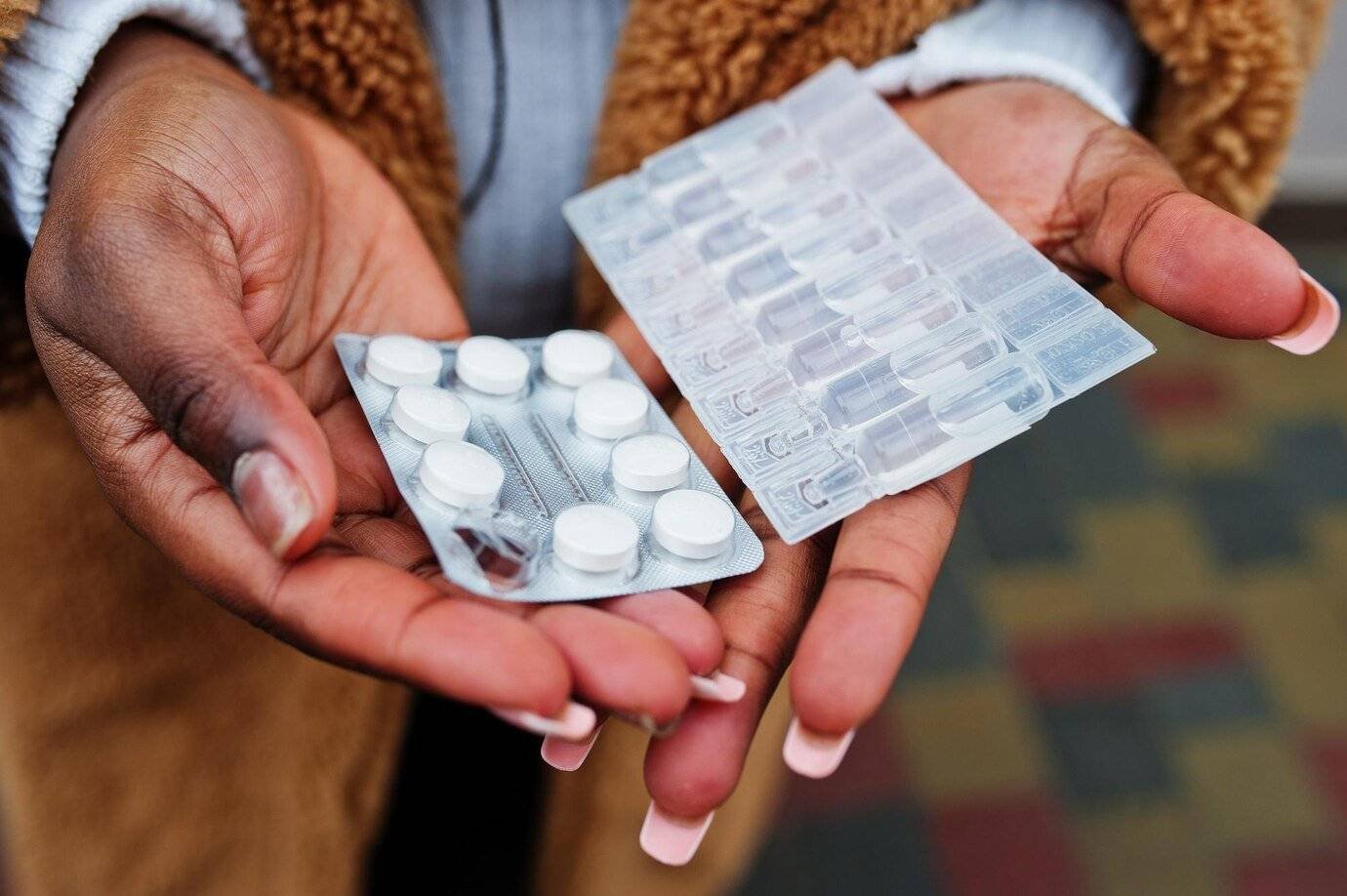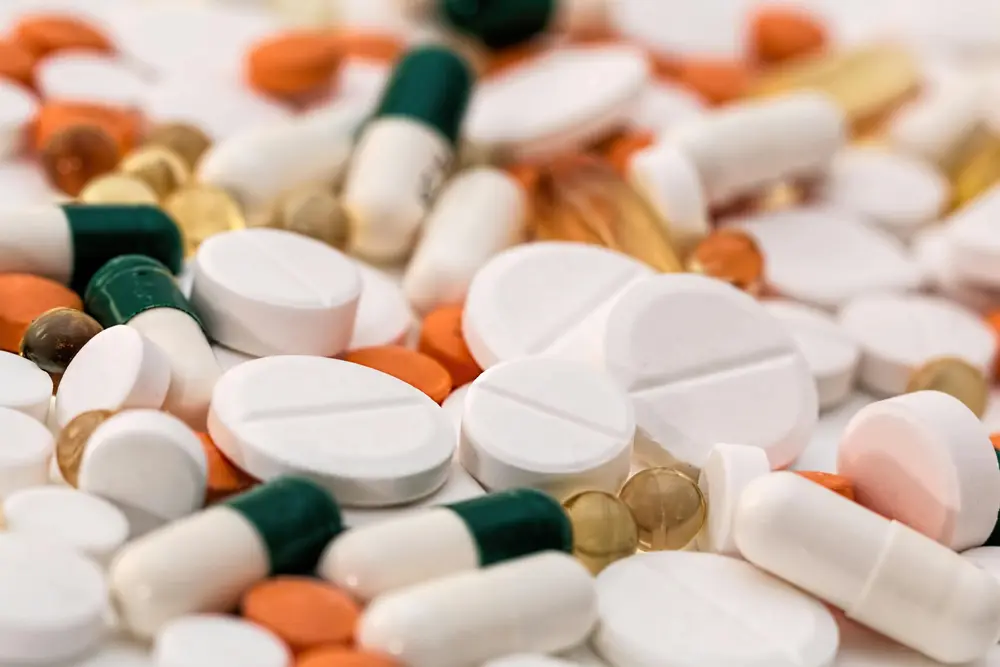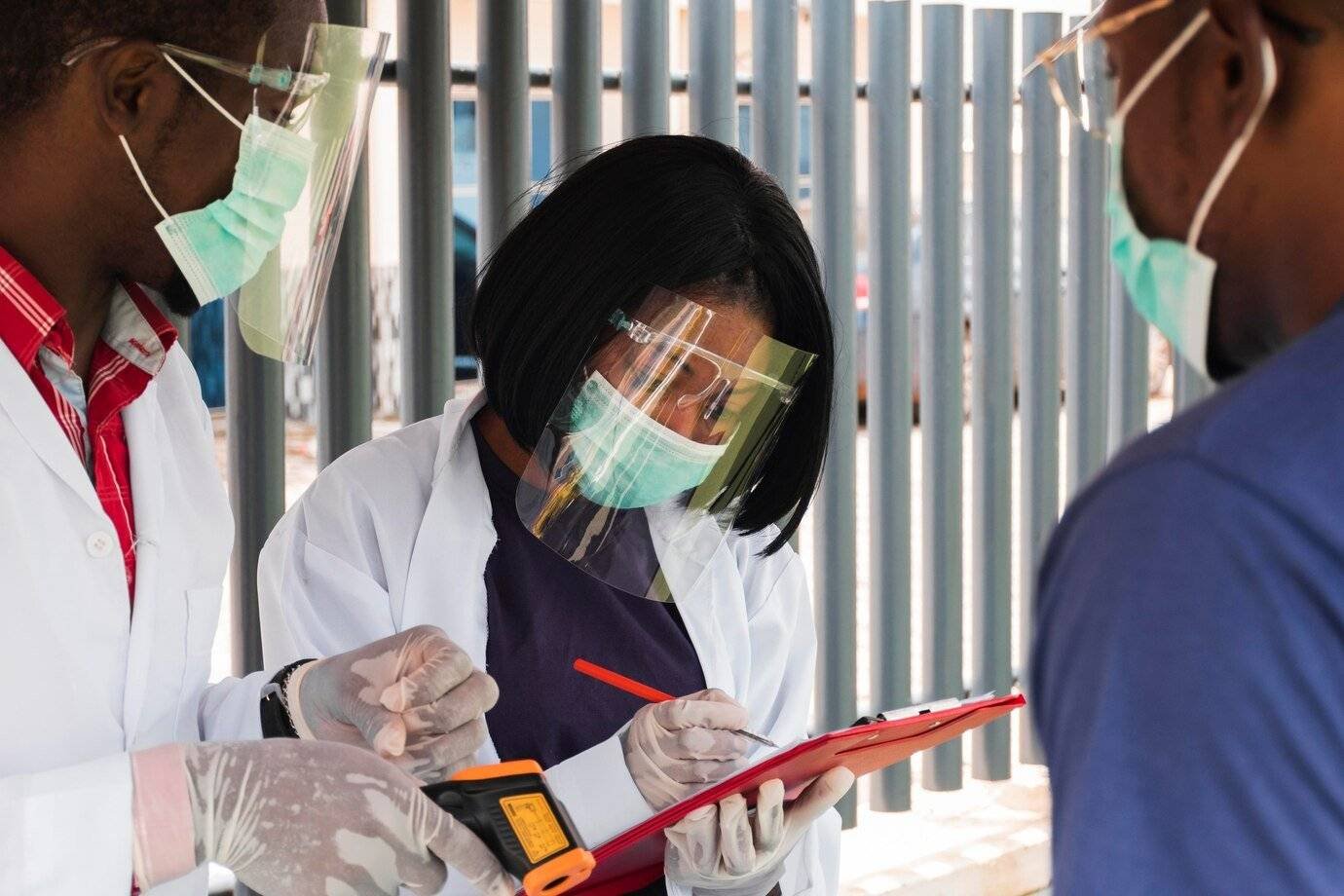AMR in Nigeria A Growing Public Health Crisis

Key Causes of AMR in Nigeria and the Role of Antibiotics
Causes of AMR in Nigeria come from many sides.
- One major issue is antibiotics in Nigeria.
- People often buy them without prescriptions.
- Many don’t finish the full dose.
- Others share leftover pills with friends.
- Some drugs are fake or low quality.
- Pharmacies sell them without proper checks.
- Hospitals overuse strong antibiotics often.
- Doctors feel forced to give them quickly.
- No strict rules control antibiotic use.
- Poor education adds to the problem.

Overuse and Misuse of Antibiotics in Nigeria
Antibiotics are used for minor infections. This leads to weak effects over time. Many think antibiotics cure every illness. That’s false, but the belief spreads fast. Some take them for coughs or colds. These don’t need antibiotics at all. Self-medication is very common across Nigeria. Few ask doctors before taking medicine. This makes AMR in Nigeria even worse.

Poor Prescription Practices and Self-medication
Doctors sometimes guess the illness wrongly. Then they give the wrong antibiotics. This adds to drug resistance slowly. Patients also pressure doctors for pills. Many don’t know when medicine is needed. They fear paying for tests. So, doctors give fast treatment instead. Some patients avoid hospitals altogether. They buy pills based on advice. Most don’t follow correct doses. These habits lead to stronger resistance.

Inadequate Regulation and Counterfeit Drugs
Nigeria has weak rules on drug sales. Anyone can open a drug shop easily. Fake drugs enter markets without checks. These don’t work and cause harm. They also increase AMR in Nigeria quickly. Pharmacies often lack trained staff. They sell strong antibiotics freely. There’s no penalty for breaking rules. This invites more unsafe practices daily.

Lack of Awareness and Education
Many don’t know how AMR spreads. Schools rarely teach this topic well. Adults don’t get proper health advice. Even some health workers need more training. TV and radio talk little about it. People learn from others, not facts. Myths spread faster than real knowledge. This makes causes of AMR in Nigeria harder to fight.

The Effects of AMR in Nigeria on Healthcare Delivery
Effects of AMR in Nigeria are wide and serious. More people die from basic infections now. Simple surgeries carry higher risks today. Treatment costs keep rising every year. Patients need stronger drugs for recovery. These are expensive and harder to find. Hospitals run out of good medicines often. Doctors struggle to treat once-easy cases.

Increased Mortality and Morbidity Rates
Deadly infections are now harder to treat. This leads to more deaths in hospitals. Some patients suffer for many weeks. Recovery becomes slower and more painful. Illness spreads faster in poor areas. Children and older people suffer most. Doctors lose tools they once trusted. AMR raises risks in every ward.

Rising Treatment Costs and Prolonged Hospitalization
Treatments need more time and more drugs. That means longer stays in hospitals. Bills go up for every patient. Families struggle to pay medical fees. Some stop treatment halfway due to cost. This increases AMR in Nigeria further. Government hospitals also feel the burden. Their budgets can’t cover every rising need.

Threats to Modern Medical Procedures
Safe surgeries now face new risks. Infections after surgery are harder to manage. Cancer care also often needs antibiotics. When drugs fail, care becomes unsafe. Patients can no longer trust standard plans. This blocks progress in Nigerian healthcare.
National Efforts: Nigeria’s Action Plan on AMR (NAP 2.0)
The Nigerian National Action Plan on Antimicrobial Resistance began in 2017. The Nigerian government implemented it in response to the rise in AMR globally and recommendations by the World Health Organization (WHO). The recently launched NAP 2.0 is the latest update of this plan and is a five-year strategy to scale up efforts to fight AMR in Nigeria.
NAP 2.0 focuses on stronger local and national efforts. The plan includes better drug use and tracking. It also improves lab testing and awareness. The plan covers hospitals, farms, and communities. It also trains health workers on AMR risks.
The Nigerian National Action Plan on Antimicrobial Resistance is under the leadership of the Nigerian Center for Disease Control ( NCDC) and gets help from the Nigerian Government and global partners to support AMR efforts in Nigeria.
The Nigerian National Antimicrobial Stewardship Taskforce (NNAST) plays a big role. We work with NCDC and other organizations to help build better systems for infection prevention, surveillance, detection, and treatment. We also help to spread awareness in hospitals, medical schools, and the general public.


Current Statistics on Antimicrobial Resistance in Nigeria
Statistics of Antimicrobial Resistance in Nigeria show rising numbers. Studies reveal high resistance to common drugs. Some antibiotics no longer work for infections. Hospitals report harder-to-treat cases each month and people die of these infections every day.Labs track resistance across different bacteria. The numbers show fast growth yearly.
- Sub-Saharan Africa has the highest rates of antimicrobial resistance deaths in the world.
- Nigeria ranks 20th globally in age-adjusted AMR mortality rates.
- There were an estimated 263,400 AMR linked deaths in Nigeria in 2019.
- In some regions, resistance rates reach 80%.
- AMR deaths in Nigeria are estimated to cause more deaths than malaria, respiratory tract infections, and cardiovascular diseases. These stats prove AMR in Nigeria is urgent.
Major Challenges and What Nigeria Must Do Next
Many problems still block progress on AMR. Labs lack good tools and training. Fake drugs are still sold daily. Many hospitals can’t track resistant infections.
Public education is still too weak. People don’t know how AMR spreads. AMR in Nigeria needs more policy support. More action is needed on farms too.
Future plans include better drug laws. Surveillance must reach every region. Hospitals need support for proper reporting. Antimicrobial Stewardship must expand nationwide.

Frequently Asked Questions (FAQs)
AMR means germs no longer respond to medicines. It makes infections harder to treat and more dangerous. Everyone is at risk if AMR keeps growing.
Not fully, but it can be slowed down. Using antibiotics only when needed helps a lot. More research and better care can reduce the spread.
Only take antibiotics with a doctor’s advice. Keep good hygiene and finish your full treatment. Don’t share or buy antibiotics without reason.
Yes, it’s growing fast in Nigeria. People often use antibiotics without testing or guidance. This makes the spread of resistance much worse.


